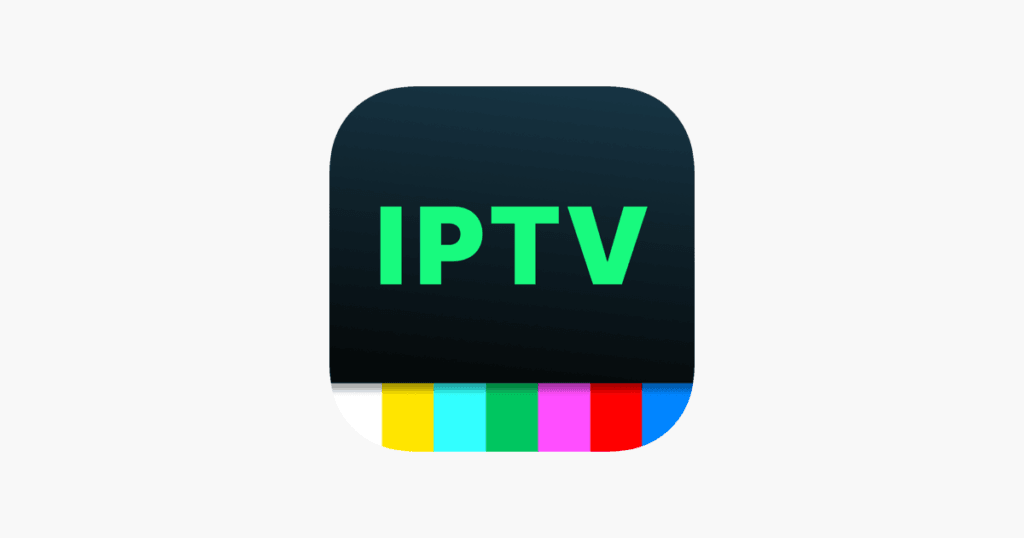IPTV (Internet Protocol Television) offers unmatched convenience and flexibility. Users in 2025 can access thousands of live channels, on-demand movies, and global content with just a click. This explains IPTV’s widespread popularity. However, while most users focus on content and performance, a quiet conversation has started to grow louder: what information does IPTV collect about you—and who has access to it?
Let’s explore the privacy risks of using IPTV services, the kinds of information they might gather, and how you can protect your online presence.
1. Your Information Has Value—Even in Streaming
When you use a paid IPTV provider or a free service, information gathering comes with the territory. Some apps and providers might keep track of:
- What you watch (channels you tune into, movies you stream how long you watch)
- Details about your device (IP address, model, operating system)
- Your account details and settings
- Maybe even where you’re located
Companies can use this data to make their services better, show you personalized ads, or even sell it to other businesses without telling you.
2. Free IPTV Services Create Bigger Privacy Concerns
Here’s a basic rule for the internet: when something’s free, you’re what’s being sold. Free IPTV apps often come packed with ads you can’t get rid of, ask for permissions they shouldn’t need, and don’t tell you much about what they’re doing. Some of these apps might:
- Put harmful software on your device
- gather your information to sell
- Send your internet traffic through sketchy middlemen
In the worst cases, people who know how to break into computers can use protected IPTV apps to get into your home network.
3. Using Unlicensed Providers Puts You in a Legal and Privacy Gray Area
Many IPTV services have an influence on gray areas particularly those that offer premium content at cheap rates. These providers often dodge regulatory checks, which results in:
- Lack of clear privacy rules
- No assurance of data protection
- No responsibility if they misuse your info
Should a provider go out of business, any personal or payment details you’ve given might become exposed or mishandled.
4. Third-Party Apps and Trackers
Many IPTV users depend on apps from other companies like TiviMate, IPTV Smarters, or Smart IPTV. Most of these are safe and trustworthy, but some less popular versions might include trackers or ask for permissions they don’t need, like getting into your files, camera, or contacts.
Make sure you get apps from official places like Google Play, Apple App Store, or websites you can trust.
5. Ways to Guard Your Privacy When Streaming IPTV
Here are some real-world tips to keep your IPTV use safe and private:
- Use a VPN: A Virtual Private Network codes your data and hides your IP address, which keeps what you do online private—even your internet company can’t see it.
- Check privacy policies: A missing policy should raise concerns.
- Stick to trusted apps: Choose IPTV apps that are verified and well-reviewed.
- Use throwaway details: For new services, think about using a temporary email and virtual card.
- Keep apps and firmware current: This guards against known weak spots.
To Sum Up
IPTV brings a vast array of content right to you—but like any online service, it has pros and cons to weigh. Many providers play by the rules, but some might gather data or leave you open to security risks. Staying informed is your best defense.
Want an IPTV service that cares about your privacy as much as your shows? Get smarter streaming with Kastv.net — reliable, secure, and designed to protect your online safety.


